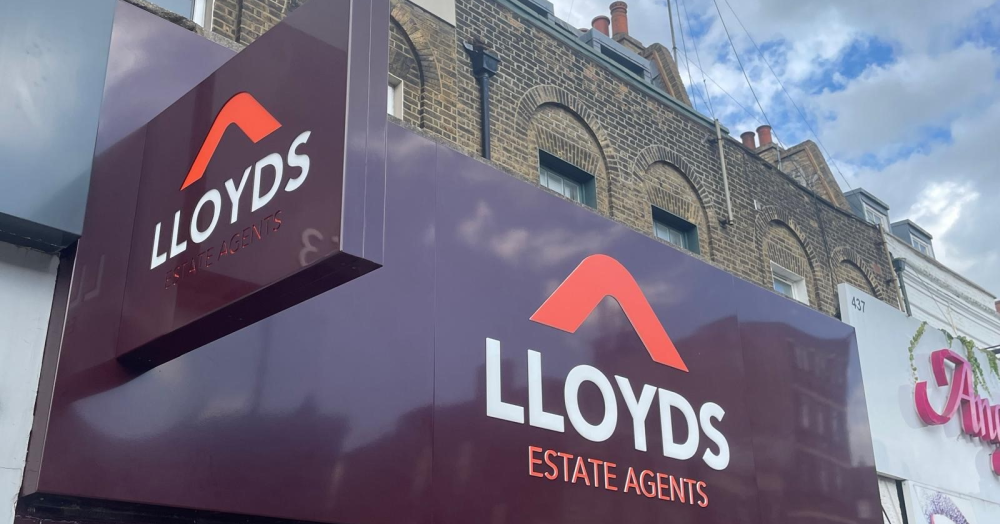The Law Society of England and Wales has joined MPs and others in calling on the UK government to protect leaseholders from the costs of making their homes safe from potentially deadly cladding.
The Law Society of England and Wales has joined MPs and others in calling on the UK government to protect leaseholders from the costs of making their homes safe from potentially deadly cladding.
Homeowners have almost no recourse available to them as, because of an ancient quirk of English law, buyers of defective homes cannot recover the cost of rectifying them from councils or building inspectors who gave approval for them to be occupied.
“Many properties built over the last twenty years are potentially dangerous as a result of unclear building regulations, poor building practices, defective materials and inadequate enforcement of the rules,” said Law Society president David Greene.
He continued: “Conveyancing lawyers complete the purchase of new homes only after a building control inspector has issued a completion certificate for the property, and a cover note has been issued for new build guarantee insurance.
“Where dangerous defects exist due to inadequate building regulations and/or inadequate enforcement, and the costs of remediation are not covered by guarantee insurance, the costs should not be allowed to fall on long leaseholders.
“In other circumstances, where responsibility for the defects rests solely with developers, material suppliers or building contractors, the UK government must find a way of alleviating the financial burden on the home-owners, for example providing the funding upfront so that buildings can be made safe and then seeking recourse against those responsible at a later stage.”
The Law Society is recommending that:
+ The UK government conduct a comprehensive assessment of the expected cost of remediating buildings with unsafe cladding to make them safe. Once the full cost has been established, the government should act to ensure costs that must be borne by long leaseholders are kept to a minimum, and ideally zero.
+ Where long leaseholders are faced with unavoidable costs as a result of failings with the Building Control Regime, these leaseholders should be entitled to government support to ensure that they do not have to pay the price for a system that failed to protect them.
Greene added: “Our members are reporting that the absence of a forthcoming solution to this issue is causing sales and purchases to stall, which may cause significant disruption in the market and have knock on effects on consumers and the wider economy.
“We would welcome the opportunity to work with the UK government to identify and implement solutions for long leaseholders.”

